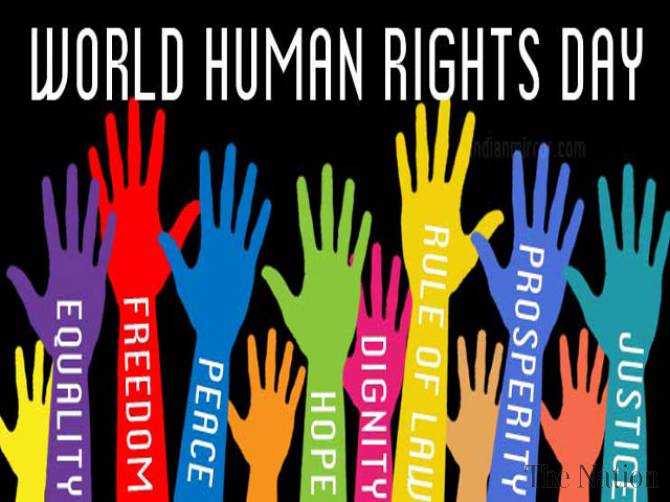As the world observes Human Rights Day today, December 10, 2015, the Media Foundation for West Africa (MFWA) salutes all individuals and organisations, especially journalists and the media, whose untiring efforts have kept human rights issues in constant focus at national, regional and international levels.
These efforts have led to the increasing realisation that human rights and socio-economic development are mutually reinforcing. Indeed, it is no accident that the world’s most advanced economies, where living standards are highest, are among the leading democracies founded on the protection and promotion of human rights and characterised by a vibrant, pluralistic media.
The world has come a long way in ensuring that basic human rights are guaranteed to all without regard to race, gender, religion, physical disability or any other distinction. Ranging from the adoption of the Universal Declaration of Human Rights (UDHR) in 1948 and the International Covenant on Civil and Political Rights (ICCPR) and the International Covenant on Economic, Social and Cultural Rights (ICESCR) in 1966; the ratification of other international human rights treaties on torture, enforced disappearances, racial discrimination, discrimination against women, children’s rights, rights of persons with disabilities, migrant workers; the creation of the UN High Commissioner for Human Rights in 1993; to the establishment of the International Criminal Court (ICC), the world has made giant strides in advancing human rights.
Nevertheless, the implementation of human rights obligations is lagging. Most treaties, though ratified and binding, often remain paper tigers and lack teeth. This is especially the case in developing countries and under autocratic regimes that are intolerant of divergent opinions. Unfortunately, many such regimes exist, not just in Africa, but across the world, as in Burma, Syria and the Gulf States, for example. Pervasive human rights problems also persist in Africa, as in Sudan, Somalia, Uganda and under West Africa’s King of Impunity in The Gambia.
In the aforementioned countries, political freedoms are severely curtailed. Needless to say, freedom of expression is a precious commodity enjoyed by a privileged and powerful few in those parts of the world. Censorship, criminal libel and internet surveillance as well as threats and physical attacks are used to suppress criticism and thus harm the enjoyment of human rights more broadly. Restrictions on expression result in a frustrated population with limited opportunities for achieving decent, dignified and fulfilling lives. With such a suppressed human capital, social and economic progress is invariably hampered.
In light of this, all countries must facilitate the work of human rights-based civil society organisations and provide adequate resources to enable the effective functioning of national human rights institutions. Governments must respect and protect the fundamental right to freedom of expression to empower their citizens to contribute to national development and, ultimately, to build a world where human rights and human dignity are inviolable.





